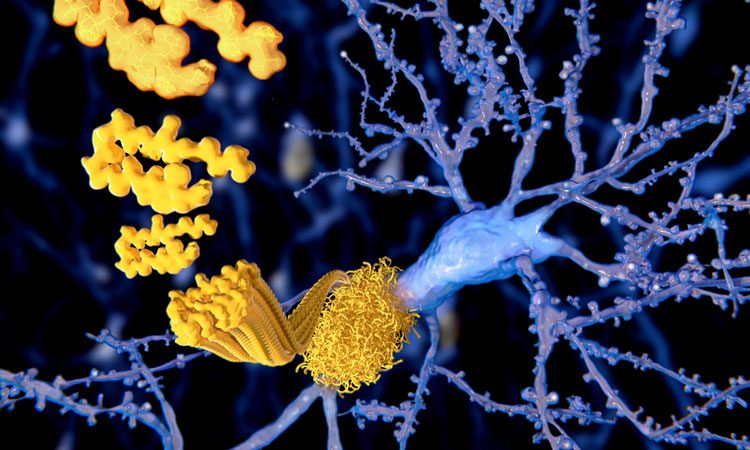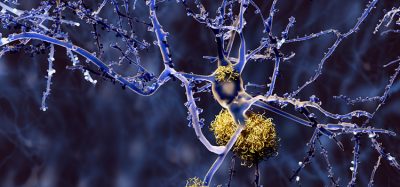Amyloid beta – a good therapeutic target?
Posted: 19 September 2018 | Iqra Farooq (Drug Target Review) | No comments yet
Phase III clinical trials for a drug targeting amyloid beta plaques are underway, with results expected in the next two to three years…


For a long time, clinical trials targeting amyloid β have not succeeded, with results consistently being disappointing. Amyloid β, together with the tau protein, have long been regarded as significant biomarkers for Alzheimer’s disease.
Recently, this protein has come back into the light as a potential therapeutic target. A recent Phase III study conducted at MedUni Vienna, under the instruction of Dr Elizabeth Stögmann from MedUni Vienna’s Department of Neurology, is currently testing monoclonal antibodies that are directed at amyloid deposits in the brain, and, in theory, dissolves them.
The researchers now intend to identify whether by destroying the plaques, it is possible to slow the deterioration of memory function in the patients.
Biomarkers are redefining how precision therapies are discovered, validated and delivered.
This exclusive expert-led report reveals how leading teams are using biomarker science to drive faster insights, cleaner data and more targeted treatments – from discovery to diagnostics.
Inside the report:
- How leading organisations are reshaping strategy with biomarker-led approaches
- Better tools for real-time decision-making – turning complex data into faster insights
- Global standardisation and assay sensitivity – what it takes to scale across networks
Discover how biomarker science is addressing the biggest hurdles in drug discovery, translational research and precision medicine – access your free copy today
Dr Stögmann, an Alzheimer’s expert, explained: “After many years of failures with anti-amyloid therapies, there is hope that these can now, at the very least, effectively attack their targets – amyloid β plaques – and clear them out of the brain. The improved results that we have now obtained with anti-amyloid antibodies are largely due to the fact that higher doses of these treatments are being used.”
The drug, aducanumab, that is currently being tested in a Phase III trial, is given to patients intravenously once a month.
It attacks the protein deposits directly, and helps to dissolve them in the brain, which in turn reduces the plaques that are typical in Alzheimer’s.
“Now that this beneficial effect has been proven, we will investigate whether clearing of the plaques can also help to stop, or at least slow down, the deterioration of memory function in those affected. There is once again hope!” said Dr Stögmann.
The neurologist believes that the results of the study will be available in two-three years’ time.
Many presume that the antibodies against the amyloid β protein work better the earlier they are given to the Alzheimer’s patient. The disease affects many people worldwide, and diagnosis of the disease relies on cognitive symptoms noticed by patients, or their close family.
Related topics
Clinical Trials, Disease Research, Drug Development, Drug Discovery, Drug Discovery Processes, Drug Targets, Research & Development, Therapeutics
Related conditions
Alzheimer’s disease
Related organisations
MedUni Vienna's Department of Neurology
Related people
Dr Elizabeth Stögmann








